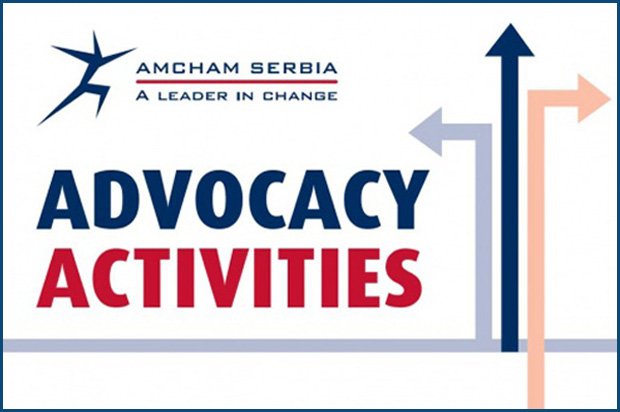Jovana Tomić, partner and head of Employment practice at Živković Samardžić, was elected to the position of Vice Chair of AmCham Serbia Labour Committee.
Found in 2001, AmCham Serbia, an affiliated Member of the US Chamber of Commerce and a member of AmChams in Europe (the ACE) network, gathers 185 US, international and local companies which have collectively invested over 14 billion Euros in the Serbian economy and employ over 100,000 employees. Through its advocacy working groups, AmCham has become a strong catalyst for the important economic policy reforms in Serbia.
Labour Committee, one of AmCham’s permanent advocacy working groups, aims to improve labour related regulations in order to increase competitiveness of Serbia as an investment destination, thus facilitating economic development and sustainable increase in employment.
Labour law and its implementation has been voted as the number one regulatory reform that should be undertaken in 2014 by members in the AmCham survey „Engage for Change“ at the end of 2013. Flexibility in hiring and firing, unnecessary administrative burden as well as lack of predictability or excessive arbitrariness in the application of regulations have been identified as key issues that AmCham Serbia Labour Committee, led by its new Chair, Ms Dragica Pilipović Chaffey, Serbia Broadband CEO, and Vice Chair, Jovana Tomić, partner and head of Employment practice at Živković Samardžić, should address in order to improve confidence of employers to increase employment.
Živković Samardžić is one of the Serbia’s leading full-service independent law firms, with Employment team that offers the most comprehensive and cost-effective way to both national and international companies to ensure employment and labour law compliance in Serbia. Jovana Tomić, partner and head of Employment practice at Živković Samardžić is a member of the Employment Law Alliance (ELA), world’s largest network of labour and employment lawyers. Jovana’s consulting expertise is primarily focused on executive terminations, redundancies, reorganisation management, union negotiations and employment disputes resolution.
